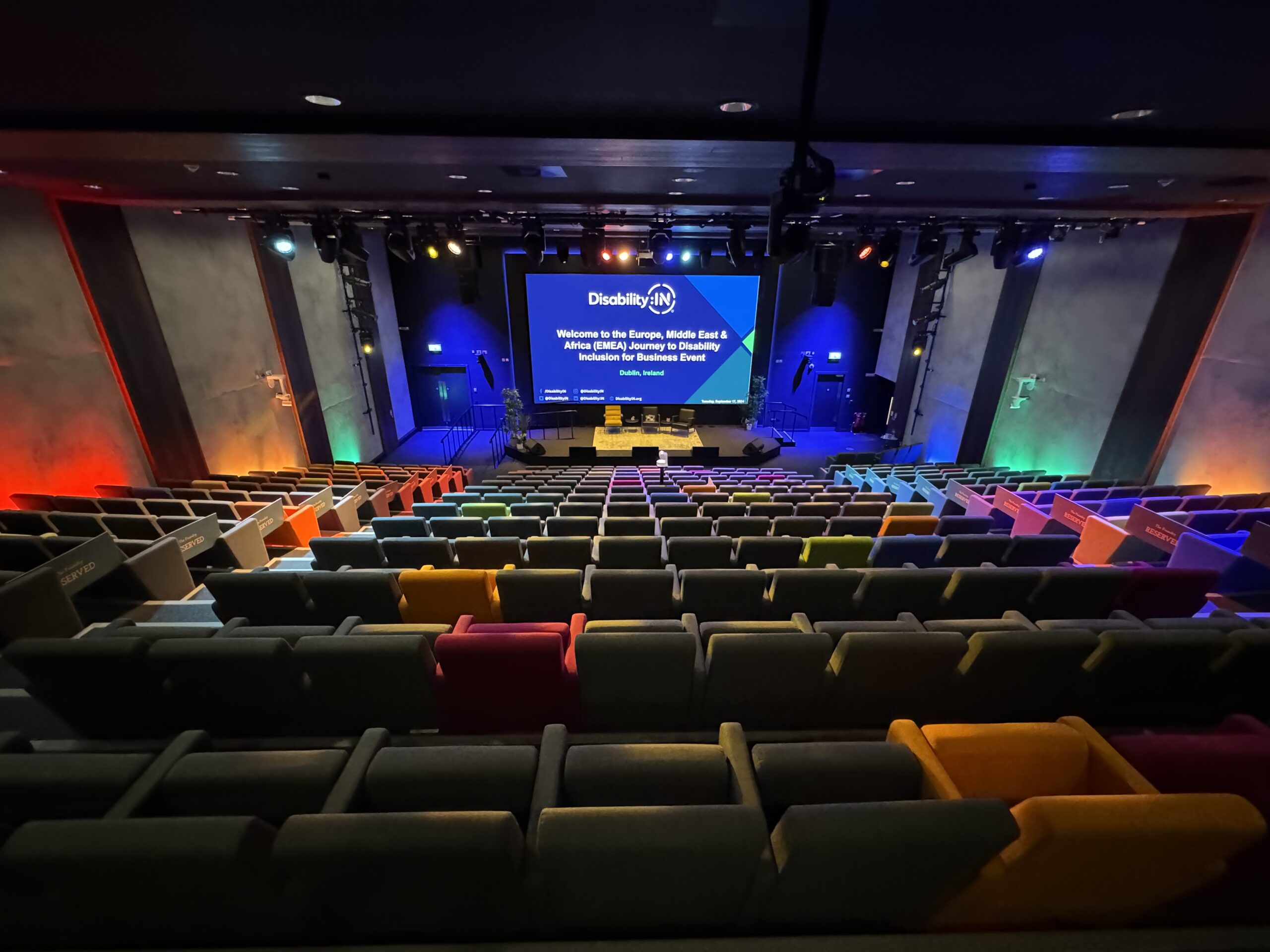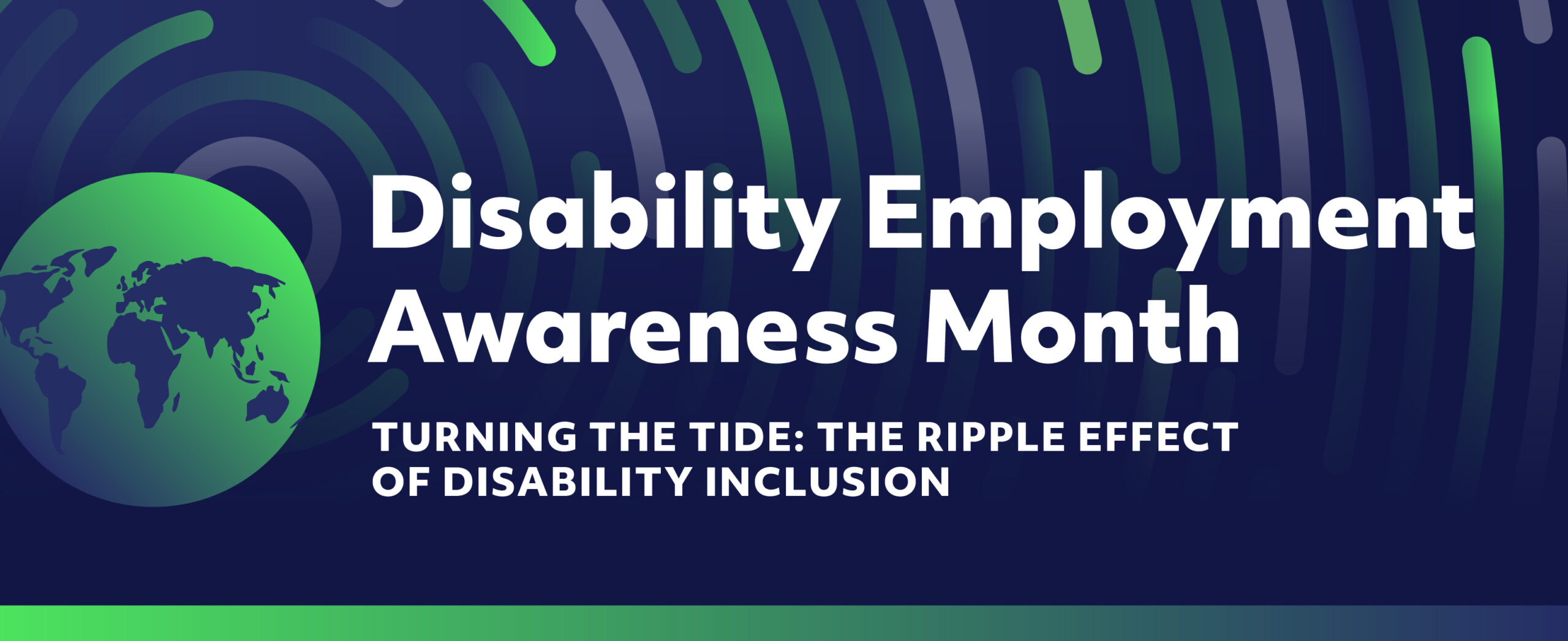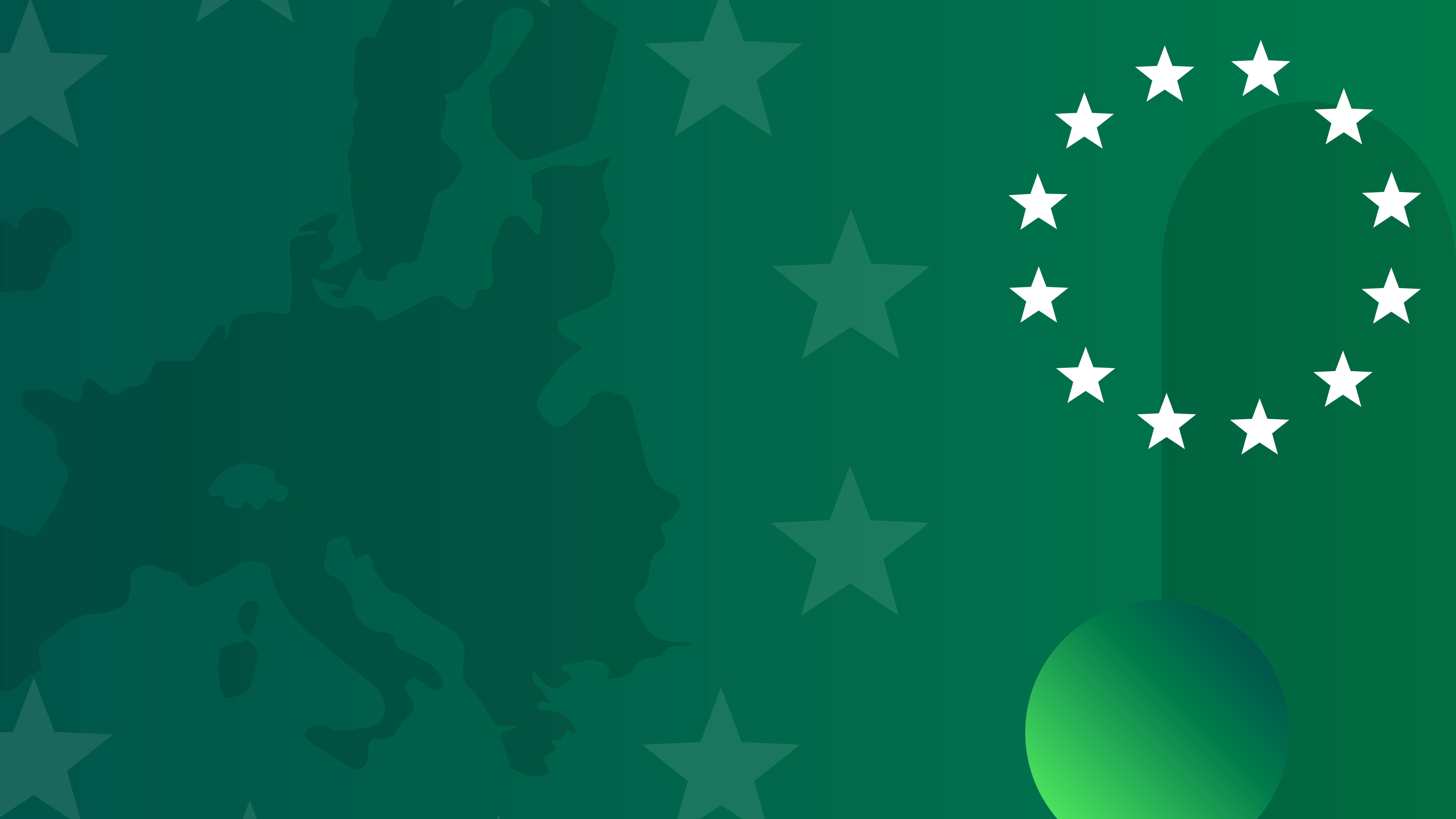Involved with our Supplier Diversity program since its inception in 2010, Philip DeVliegher has had a hand in developing the program strategy and execution. In January 2020, Philip became the Vice President of Supplier Diversity. Learn more about Philip and the Supplier Diversity program from his recent interview.
What is your background, experience?
I bring a unique perspective to my role with more than 20 years of corporate experience in supplier diversity, human resources and talent acquisition, as well as nearly 10 years of entrepreneurship and non-profit leadership in supplier diversity.
By fully understanding the perspectives and roles of each of our stakeholders, I feel my experience has prepared me to best serve our suppliers and corporate partners in my new role at Disability:IN.
What is your role?
As Vice President of Supplier Diversity, I develop and lead Disability:IN’s global supply chain and supplier diversity strategy and program execution. At Disability:IN, we see our responsibility as that of empowering business to achieve disability inclusion and equality by delivering positive impact and outcomes for our key stakeholders. Those stakeholders include our corporate and government partners, our certified suppliers, and our affiliates across the country.
What is your goal?
My goal is to elevate disability-owned business enterprises on par among other diverse supplier segments within corporate and government supplier diversity programs through our certification and business development initiatives.
A significant component of this goal is to educate suppliers and corporate partners on how disability is defined and to encourage those with a disability to proudly own it and leverage it by first becoming certified.
I’ve seen the evolution of supplier diversity and recognize that disability is the newest frontier. Disability doesn’t discriminate and reaches across ethnicity, gender, sexual orientation, and veteran status. In fact, over 50% or our certified DOBEs hold other diverse certifications.
Why do you believe DOBE’s make excellent suppliers?
DOBEs are exceptional innovative problem solvers, constantly navigating a world that is not always designed to meet their own unique needs and challenges.
By overcoming everyday challenges, people with disabilities develop the creative skills and persistent strategies that translate well to becoming successful and valued business partners.
What’s your biggest success story you can share with us?
Of course, success is always relative. With that said, I look at the work we do every day in positively changing people’s lives, from the many DOBEs who are able to secure contract opportunities with our corporate partners and with other DOBEs to guiding supplier diversity leaders to grow and advance their respective programs by effectively including disability among their metrics.
Success is the supplier who tells us that without her DOBE certification, she would never have been able to secure a seat at the RFP table or would never have been able to grow her business into a successful and thriving global enterprise.
Success is the corporate partner who recognizes that a truly inclusive supply chain means including everyone.
What advice would you give to others looking for find and work with more DOBE’s?
Understand that 1 in 5 people in the U.S. live with a disability and recognize that most disabilities are not apparent. Most likely, our corporate partners are already contracting with businesses owned by individuals with disabilities.
I urge our corporate partners to reach out to their suppliers, both current and potential, to communicate that their organization’s commitment to supplier diversity and inclusion includes disability-owned businesses.
Encourage them to self-disclose as a disability-owned business and to become certified. And then follow through with policies and processes which level the procurement playing field for all suppliers up and down the supply chain.



